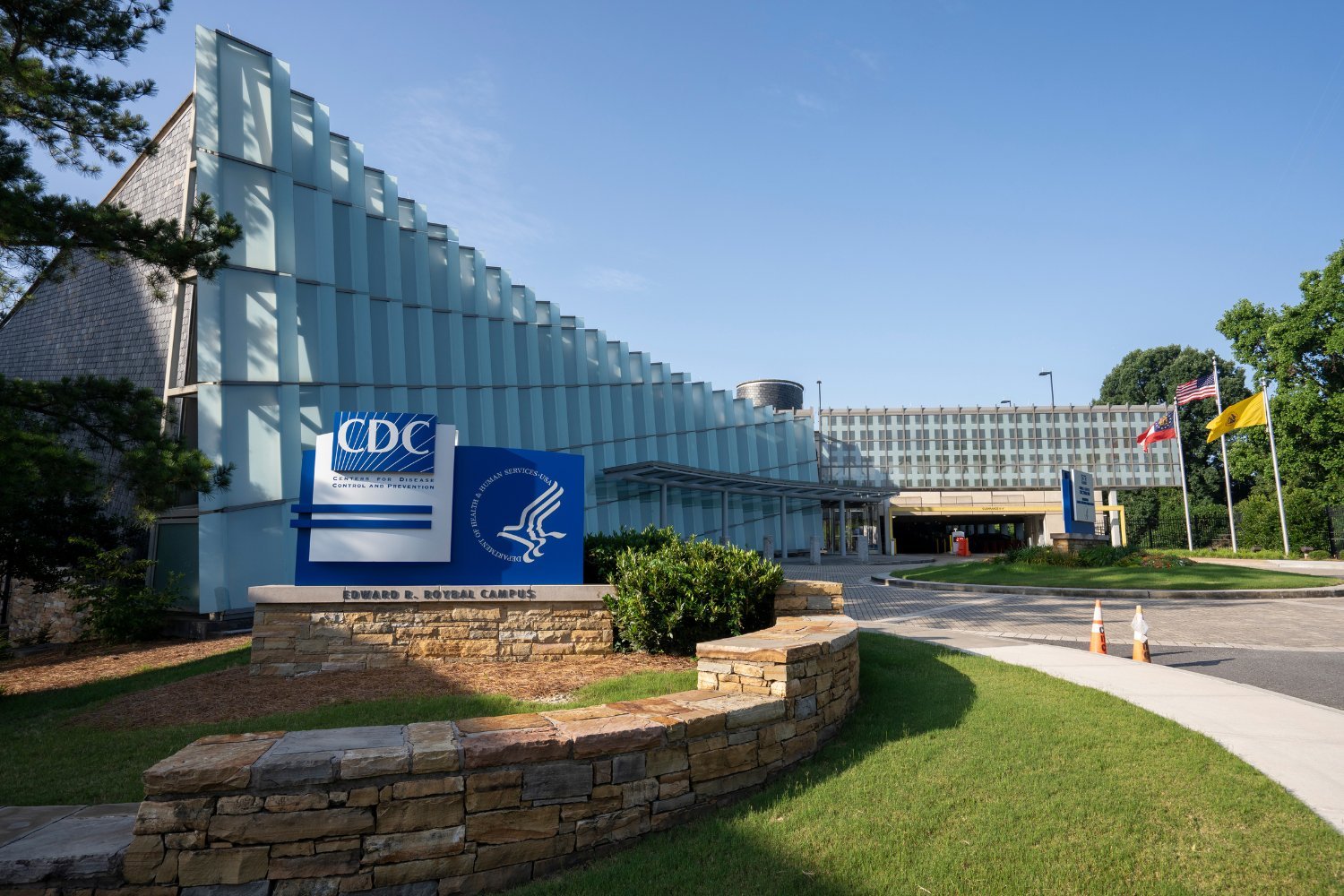Brain surgery often conjures images of invasive procedures and lengthy recovery times. However, surgeons at Leeds Teaching Hospitals NHS Trust have pioneered a less invasive method, successfully removing a brain tumor through a patient’s eye socket. This groundbreaking procedure, the first of its kind in the UK, offers new hope for patients with specific skull base tumors.
In 2023, 40-year-old Ruvimbo Kaviya experienced persistent headaches and other concerning symptoms, leading to a diagnosis of multiple meningiomas. These tumors, which grow in the brain’s protective layers (meninges), were located in her cavernous sinus, a critical area behind the eyes responsible for blood flow from the brain. Traditionally, removing such tumors would require an open craniotomy, a procedure involving removing part of the skull and manipulating the brain. However, Kaviya became a candidate for a novel, less invasive approach: the endoscopic trans-orbital approach.
This innovative technique eliminates the need for skull removal or brain manipulation. Consultant skull base and neurovascular neurosurgeon Asim Sheikh, who performed Kaviya’s surgery, highlighted the benefits: “This technique allows us to remove tumors without opening the skull or having to retract or compress the brain. The minimally invasive nature of the procedure significantly reduces trauma, enabling patients to recover faster with minimal visible scarring.”
Prior to the surgery in February 2024, the surgical team meticulously planned the procedure using 3D replica models based on scans of Kaviya’s skull. The actual surgery involved a small, half-inch incision along Kaviya’s eyelid. An endoscope, a flexible tube with a camera, was then carefully navigated through the eye socket to access and remove the tumor.
Kaviya’s recovery was remarkably swift. “I was amazed by the recovery,” she shared. “I was only in the hospital for two days, with no side effects or swelling. I feel perfectly fine now. I am deeply grateful to Mr. Sheikh, Mr. Parmar, and the entire team—they reassured me throughout the process.” Although she required three months off work for full recuperation, Kaviya has since returned to her job.
This groundbreaking procedure represents a significant advancement in skull base tumor surgery. Mr. Sheikh emphasized the procedure’s impact: “It’s a hard to reach area, and this [surgery] allows direct access without any compromise of pressure on the brain. So it just reaches us in areas which were once thought to be inoperable, but now are accessible.” The successful outcome of Kaviya’s case demonstrates the potential of this technique to improve surgical treatment and recovery for numerous patients with similar conditions.
The growing adoption of this endoscopic trans-orbital approach offers a less invasive, faster recovery option for patients facing complex skull base tumors. This innovative technique signifies a promising future for neurosurgery, minimizing trauma and maximizing patient well-being.











